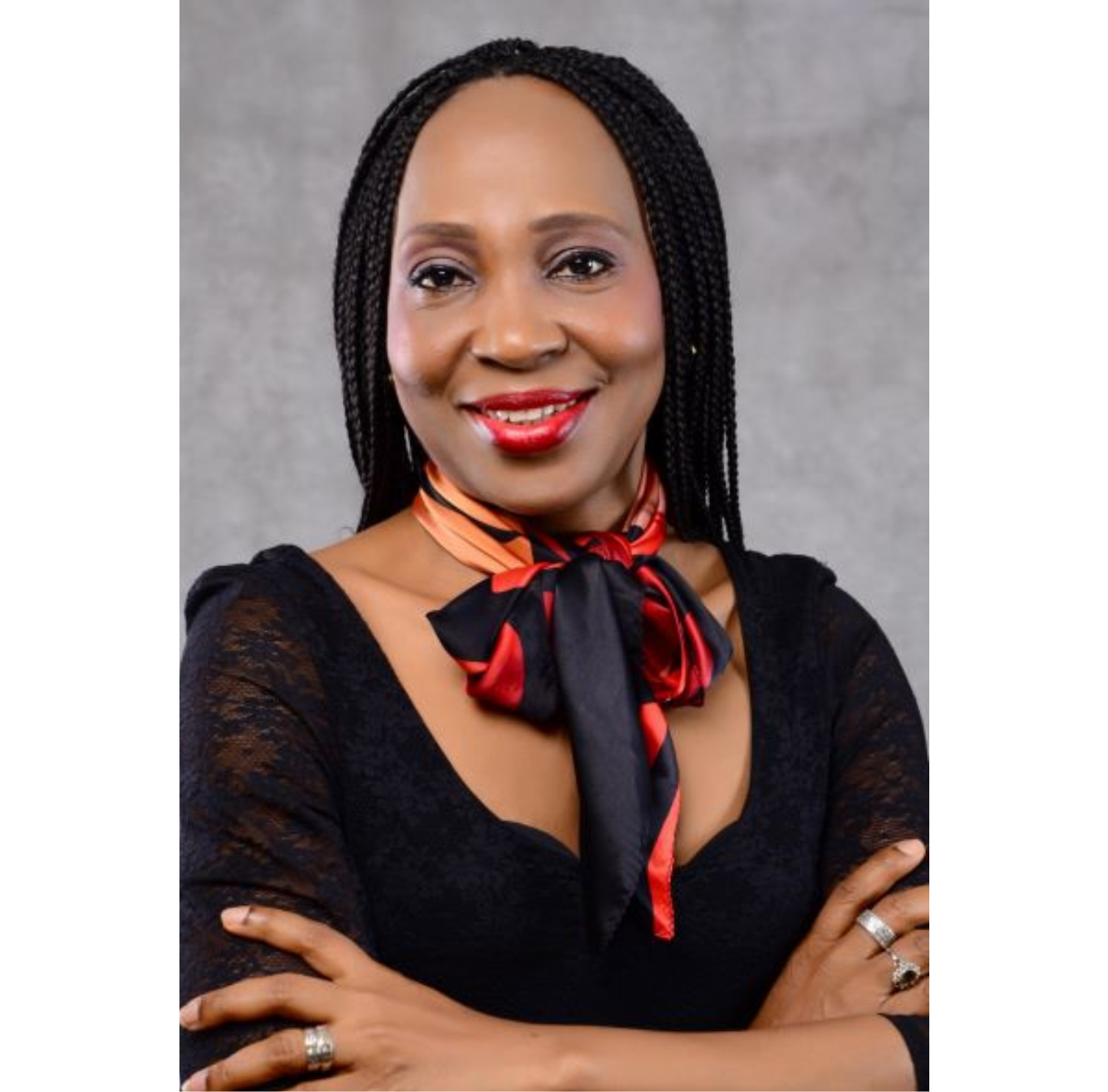
Nigeria boasts a population of a staggering 200 million people. According to the Nigeria Population Commission, half of this population comprises youth between 15 and 34 years. Nigeria’s vast numbers of young people can represent great economic potential, known as demographic dividends. However, this can only happen if private organizations and governments adequately invest in their strength areas such as the; digital economy, education, agriculture, and the creative industry.
While the youth population continues to grow, the unemployment rate poses a significant threat to Nigeria’s economic prospects, with women being the most disadvantaged. Although there have been several interventions by the government at different levels to change the narrative, there is still more to be done to uplift millions of youths from unemployment, literacy, and financial exclusion. With the scale and complexity of this unemployment challenge, it is clear that government alone cannot solve the problem.
Taking a look at some interventions by private and non-governmental organizations in the area of youth and women empowerment, Mastercard Foundation has had efforts worthy of recognition. Its strides in advancing empowerment and financial inclusion to catalyze prosperity in developing countries have created opportunities for young people in Nigeria.
The Mastercard Foundation has set up two pillars to achieve its mission: Young Africa Works and COVID-19 Resilience and Recovery. The latter assists institutions and communities in Africa to withstand and respond to the short-term impacts of this pandemic while strengthening their resilience in the long run. On the other hand, the Young Africa Works strategy aims to enable 30 million young people in Africa and 10 million youth in Nigeria, 70% of which are women, to access dignified and fulfilling work.
So far, out of the 10million target for Nigeria, the Foundation has reached over 4.4million youths, 34% of which are women. The touchpoints for the Young Africa Works in Nigeria over the next five years include; enabling viable partnerships to upskill youth in the creative, digital, and agricultural sectors while facilitating growth in the agro-processing value chains to equip youth to become employable for the 21st Century Workplace.
In Nigeria, Mastercard Foundation appears to be charting the right pathway to achieving these targets. At the 27th National Economic Summit held in October 2021 at Abuja, themed ‘Jobs Crisis Response,’Chidinma Lawanson, Country Head, Mastercard Foundation, reiterated the organization’s commitment to addressing unemployment in Nigeria by providing access to dignified and fulfilling jobs for 10 million Nigerian youth. Last year, the Foundation enlisted about 20 partners to drive its vision with more looking to come on board 2022.
The Foundation has highlighted the creative economy, agriculture, and digital economy as the three priority areas toward achieving its vision. Some of its partners working to achieve this include; Agrolog, Value Seeds Limited, Alluvial Agriculture Nigeria Limited, Pan Atlantic University, Sahel Consulting Agriculture &Nutrition Limited, Songhai, Enterprise Development Centre, WOFAN, RecyclePoints Limited, Jobberman, Babban Gona Farmer Services Nigeria Limited, International Institute of Tropical Agriculture(IITA), and KAP Film & Television Academy Limited.
In May 2021, the partnership with Enterprise Development Centre through the Young Africa Works initiativelaunchedthe ‘Transforming Nigerian Youths Program.’ The event was held virtually, featuring different professionals and business leaders who urged the government at all levels to promote nation-building ideologies that actively encourage young people from their formative years to realize their potential for the nation’s good.
Also, in May 2021, Value Seeds Limited, an indigenous crop seed production collaborating with Mastercard Foundation, agreed to empower 10,000 smallholder farmers in Nigeria to distribute farm supplements. 4,000 women and youth were provided with farm inputs and training for agronomical practices in 2021, especially in maize and rice farming; an additional 6,000 will be impacted in 2022.
Driving the cause for mechanized farming among young women, the Foundation, in partnership with Alluvial Agriculture, organized a training session in June 2021 to assist 50 female farmers in 15 states in Nigeria to become tractor-owned operators and address the gender imbalance in this agro-related career path. Commenting on the initiative Dimieari Von Kemedi, Managing Director, Alluvial Agriculture, disclosed that women had been excluded from agricultural finance and mechanization for many years despite being the backbone of the industry, and this initiative would go a long way in changing that narrative.
More initiatives to drive women participation in farming resulted in the Foundation collaborating with Women Farmers Advancement Network (WOFAN), a non-profit organization focused on women farmers, to train 12,000 rice farmers in Abuja and Kaduna on the use of an innovative application (Rice Advice App) to advise farmers on how to enhance their performance and annual yield.
Also, in June, RecyclePoints and Mastercard Foundation announced a partnership to enable more than 8,000 women and young people to access work opportunities to tackle the challenges associated with waste pollution and unemployment in underserved communities in Nigeria. With such intervention, 410 youth were engaged in green work while building resilience for 40 women-led MSMEs, particularly when thousands of disadvantaged persons and communities were hit by the COVID-19 pandemic.
In November 2021,Mastercard Foundation organized a creative summit to support budding talent in partnership with Enterprise Development Centre(EDC) to create viable business opportunities to help 40,000 youth.
With these and all other initiatives, Mastercard Foundation has been making giant steps to empower youth and women in Nigeria, bolstering employment,financial inclusion and entrepreneurship in the country.













